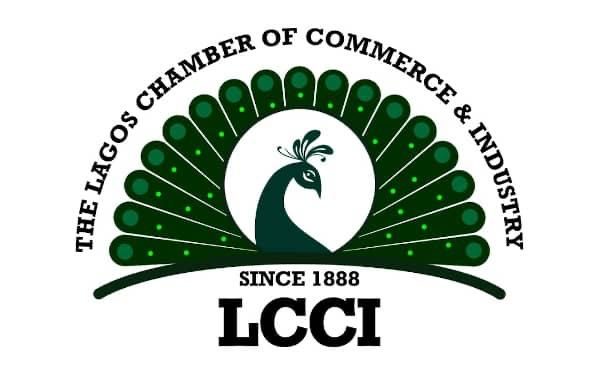The Lagos Chamber of Commerce and Industries has recommended that government must shift focus to equity financing, divestment or shedding of its equity holdings in state-owned enterprises, real estate, and infrastructure to reduce its debt commitments thereby improving its fiscal situation as both capital and interest payments on borrowed sums expose the country’s fiscal vulnerabilities.
The Chamber also stated that the government should, as a matter of urgency, emphasize strategies on revenue growth while blocking leakages. Importantly, that it considers the need to deregulate the downstream subsector of the oil industry in order to block a major drain on revenue.
Given the recent data released by the Debt Management Office (DMO), the nation’s public debt increased by N6.69 trillion or 22.7 percent to N46.25 trillion ($103.11 billion) as at the end of 2022 from N39.56 trillion ($95.77 billion) at end-2021.
The growth reflected on both the domestic and external debt. The external debt stock increased to N18.70 trillion ($41.69 billion) in 2022 from N15.86 trillion ($38.39 billion) while domestic debt stock went up to N27.55 trillion ($61.42 billion) in 2022 from N23.70 trillion ($57.39 billion).
In contrast, debt service declined to N3.87 trillion in 2022, representing 8.3 per cent decrease from N4.22 trillion spent in 2021. According to DMO, the increase in the debt stock was due to new borrowings by the federal and state governments to finance their budget deficits, to execute some specific projects, as well as the issuance of promissory notes to settle some Federal Government obligations.
Between 2013 and end-2022, the Lagos Chamber of Commerce and Industry (LCCI) notes that public debt rose by 360.47 percent, from N10.04 trillion in 2013. As a result, we are deeply worried by this development in the face of insignificant revenue growth, large presence of decaying infrastructure and the unsustainable burden of oil subsidy overhang. Although, a decline in debt service appears positive but the ratio of debt service to government revenue at about 90 percent remains alarming and unsustainable.
”Finally and most importantly, following the commendable launching of the restructured Ministry of Finance Incorporated (MOFI) as the arrow head of Nigeria’s efforts to optimize national assets by President Muhammadu Buhari on the 1st of February 2023, the Lagos Chamber of Commerce and Industry wishes to urge that copious references should henceforth be made to the growth in the stock of financial assets that Nigeria owns in corporate equities, real estate and infrastructure spaces and the returns Nigeria is generating on them, each time Government of Nigeria is providing updates on the growth in the stock of the financial liabilities that Nigeria owes and the costs it is incurring on them, to provide local and global observers a balanced picture of our financial evolution.”
This would motivate national asset managers, led by MOFI, to grow our assets and the returns on them as well as motivate our national liability managers, led by DMO, to minimize our liabilities and the costs we incur on them, with equal vigor. Indeed, issuance of joint reports by MOFI and DMO could be most ideal going forward. One-sided updates on liabilities with no updates on assets when such updates were adequately available could well be blamed for some of the downgrades of Nigeria’s debt issuance risk profile and outlook. The rating outcomes would have been more favourable had updates on assets been provided side-by-side with updates about liabilities.















